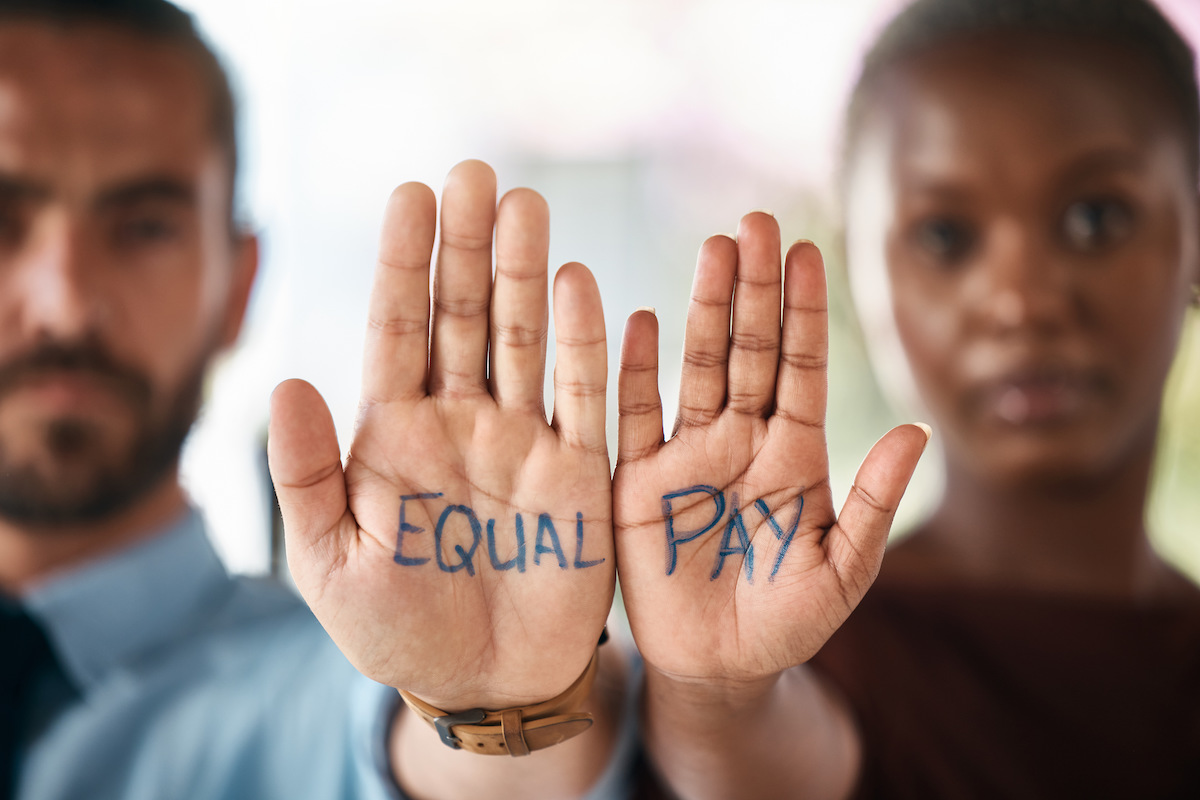Equality isn’t just about leveling the playing field so that people feel like they’re being treated fairly. (Although, don’t we all want that?) When it comes to closing the gender pay gap, it’s important to understand that workplace morale goes up, productivity and efficiency increase and your business will attract competitive talent. All of this adds up to success for your organization.
This year, the White House declared Tuesday, March 14th as Equal Pay Day, a day dedicated to bringing awareness to the gender pay gap. In the US, the chosen date reflects how far into the year most women must work to earn what most men earned in the previous year. Last year, the date was March 15; in 2016, the date was April 12th. It’s encouraging to see that over the course of seven years, the date has moved forward by nearly a month.
In the US, women’s pay has been increasing relative to men’s since the 1960s. In 1963, the median earnings for women were 56% of men. By March of 2022, the gap had been closed to 83%. Of the G7 countries only Japan, at around 78%, has a wider gap than the US. The smallest gap of the G7 is Italy, where women earn about 92% of men’s earnings.
Equal Pay Day is observed in many other countries including Germany, the European Union, Great Britain, Australia, The Netherlands, and others. The wage gap can be different from country to country and calculated differently, but it is estimated that women earn 23% less than men across the globe.
There are a variety of reasons for the wage gap, including differences in opportunities available, career and industry, types of positions held, education access and choices, types of jobs men enter as opposed to women, work experiences, and others.
In 1943, Washington state was one of the first jurisdictions to pass a pay equity law. In July 2019 the updated Equal Pay and Opportunities Act went into effect in Washington, banning an employer from seeking an applicant’s salary history, and effective January 2023, salary ranges must be posted with every job posting.
As a certified Minority and Women’s Business, we take equality seriously. We know that our partners succeed when they understand the importance of complying with changes in laws and maintaining policies and employment practices that support equal opportunities across genders and other classifications. If your organization could use some help, we would enjoy working with you to discover how we can help move Equal Pay Day to an even earlier day on next year’s calendar.
References:

